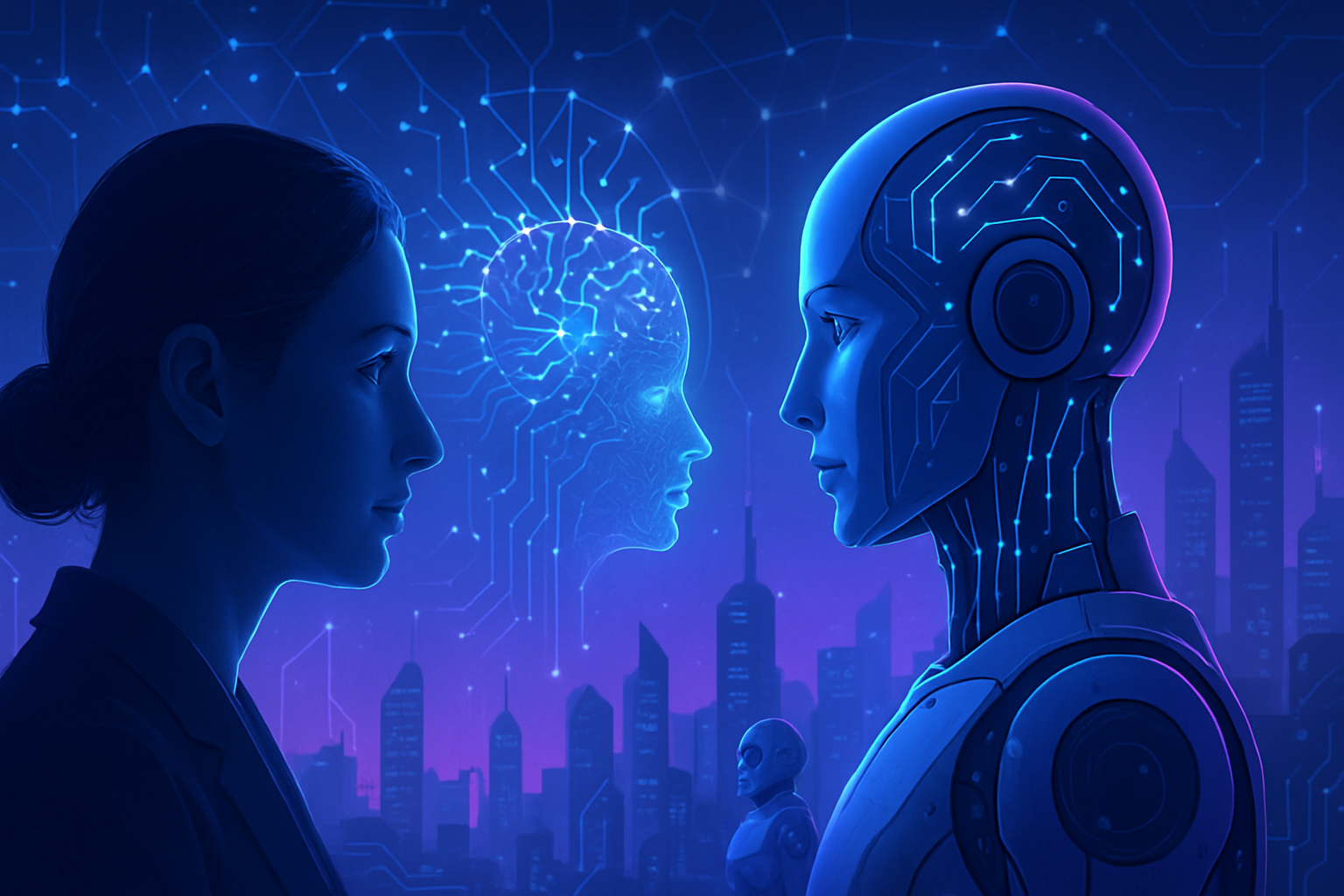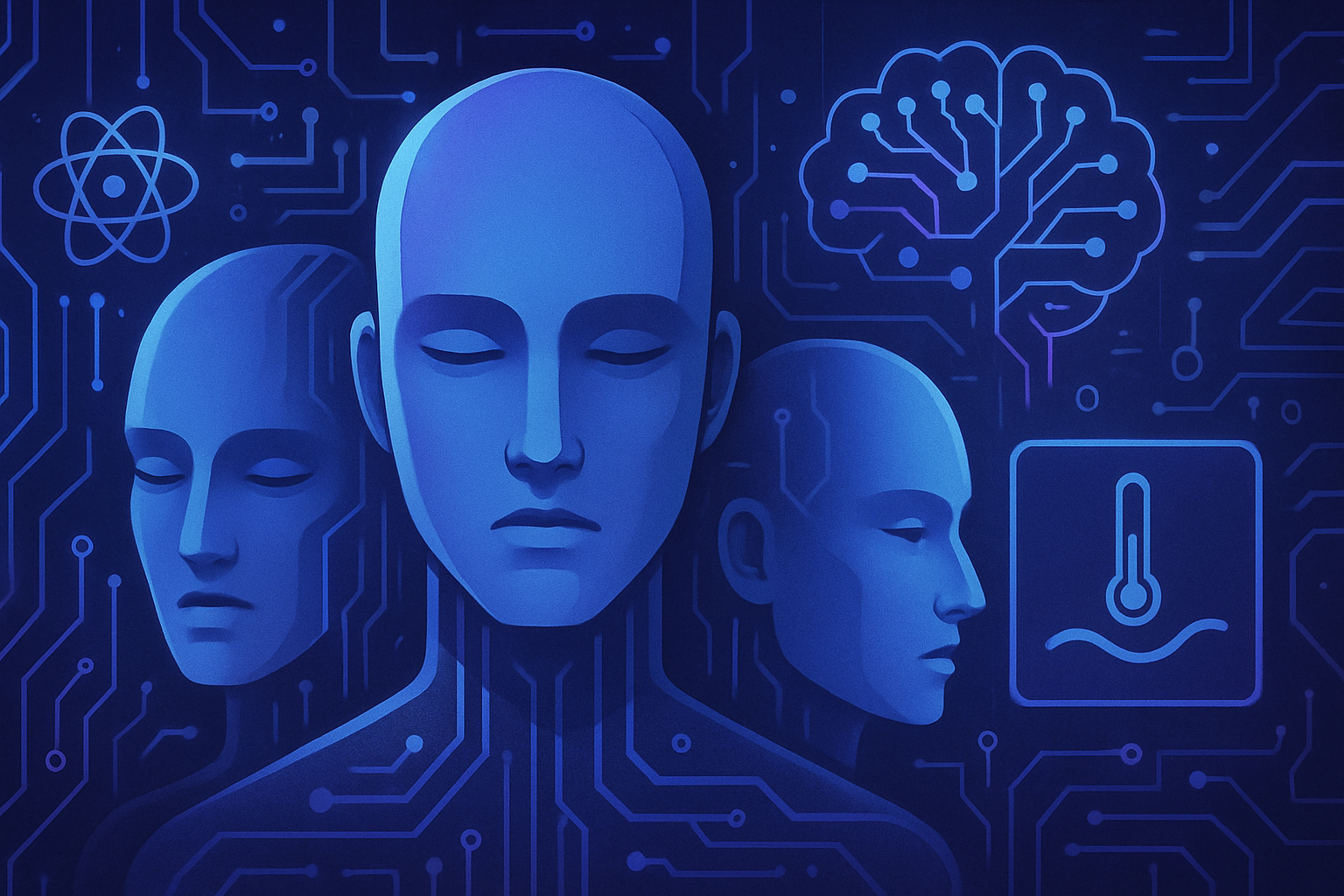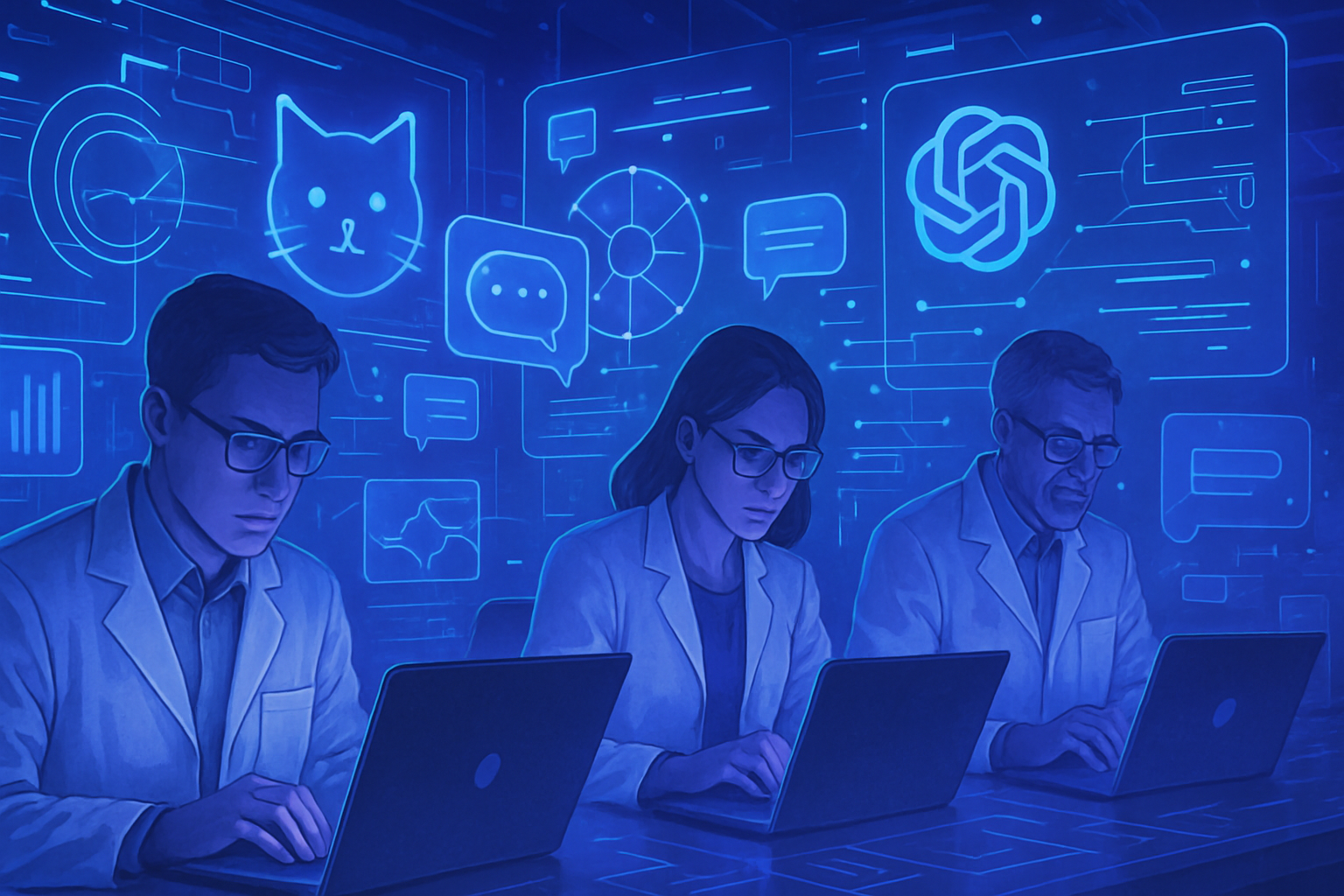The British government is striving to reassure critics of a bill concerning copyright related to AI. The growing tension surrounding copyright raises questions about the protection of creators against the misuse of their works by artificial intelligence technologies. The administration seeks to establish strong guarantees while evading accusations of infringing intellectual property. This bill positions itself at the crossroads of innovative technologies and copyright, generating an intense debate within legal and creative spheres. The future of British artists depends on the government’s ability to find a balance between innovation and rights protection.
The warning from creators regarding the bill
The British government faces a major challenge regarding its copyright bill in connection with AI. Concerns expressed by various groups of creators highlight the risks of this legislation. Artists and cultural sector professionals fear that their works may be used without adequate compensation.
Comments from British ministers
Government officials are attempting to alleviate concerns by stating that the bill does not aim to deprive artists of their rights. According to them, this legislation should regulate the use of works to make them accessible to new technologies. They emphasize the importance of viewing technological advancements as a vector of innovation rather than a threat.
International implications
The debate on copyright related to AI is set within a broader context where the UK must navigate between protecting creators and meeting innovation demands. The rules established could have repercussions on the trust between the British government and the European Union. The comments issued by the EU are concerning and could influence the UK’s image on the international stage.
The expectations of artists
Artists are advocating for a clause ensuring fair compensation for the use of their creations. Legislative proposals aiming to guarantee equitable remuneration are multiplying. Many creators wish to see their voices better represented in discussions concerning AI and intellectual property.
The bill in question
This controversial bill aims to modify existing legal frameworks to adapt to the rapid evolution of technologies. The British government admits that certain measures may violate international law. This raises questions about the legitimacy and value of the legislation currently under discussion.
Public and professional reactions
The public is reacting passionately, with a growing mobilization around the rights of artists. Social media is filling up with messages of support, while petitions are multiplying. Well-known figures such as Rachida Dati emphasize the importance of culture in the development of technologies. This viewpoint reinforces the importance of balanced regulation.
The need for constructive dialogue
An open dialogue between the government, creators, and AI experts remains essential. Discussions should explore innovative solutions that ensure copyright protection while allowing technologies to thrive. Future negotiations must pay particular attention to artists’ expectations and legal requirements.
A controversial legislation to follow
Finally, the government must demonstrate transparency in its legislative process. The reaction from the creative sector will be a key indicator of the acceptance of the bill. The implementation of this legislation could ultimately redefine the contours of artistic freedom in an increasingly digitized world dominated by AI.
The situation is evolving rapidly. For any additional information on the implications of this matter, consult the details of recent developments via news platforms. The stakes of copyright in the digital environment are more pressing than ever.
FAQ on the British bill concerning copyright related to AI
What are the main concerns of the authorities regarding the copyright bill related to AI?
The main concerns revolve around the risks of violating creators’ copyright, as well as the ethical and legal implications of using AI to generate protected works.
How is the British government responding to criticism regarding this bill?
The British government is trying to reassure critics by stating that it will implement protective measures to ensure that creators’ rights are respected and that innovation in the field of AI is encouraged.
What types of protections are being considered for artists against AI?
The government proposes to introduce specific regulations that will provide licenses and appropriate compensations for artists whose works are exploited by AI systems.
How does the bill balance the interests of innovators and those of creators?
The bill seeks to create a legislative framework that allows innovators to access AI technologies to stimulate creativity while ensuring that artists receive recognition and adequate compensation for their work.
What are the potential consequences if the bill is passed without modifications?
If the bill is passed as is, it could lead to an increase in cases of copyright infringement, demotivating creators and resulting in a loss of trust in the creative sector.
Will the government hold consultations with stakeholders before adopting the law?
Yes, the government has announced that it will hold consultations with creators, artist associations, and other stakeholders to gather their views and integrate their concerns into the final bill.
How could this legislation influence the creative landscape in the UK?
The legislation could redefine the creative landscape by allowing co-creation between artists and AI, but it must be carefully designed to protect the rights of creators while advancing innovation.
What steps follow the bill after its introduction in Parliament?
After its introduction, the bill must go through several stages, including debates in Parliament, possible amendments, and votes before it is enacted.






